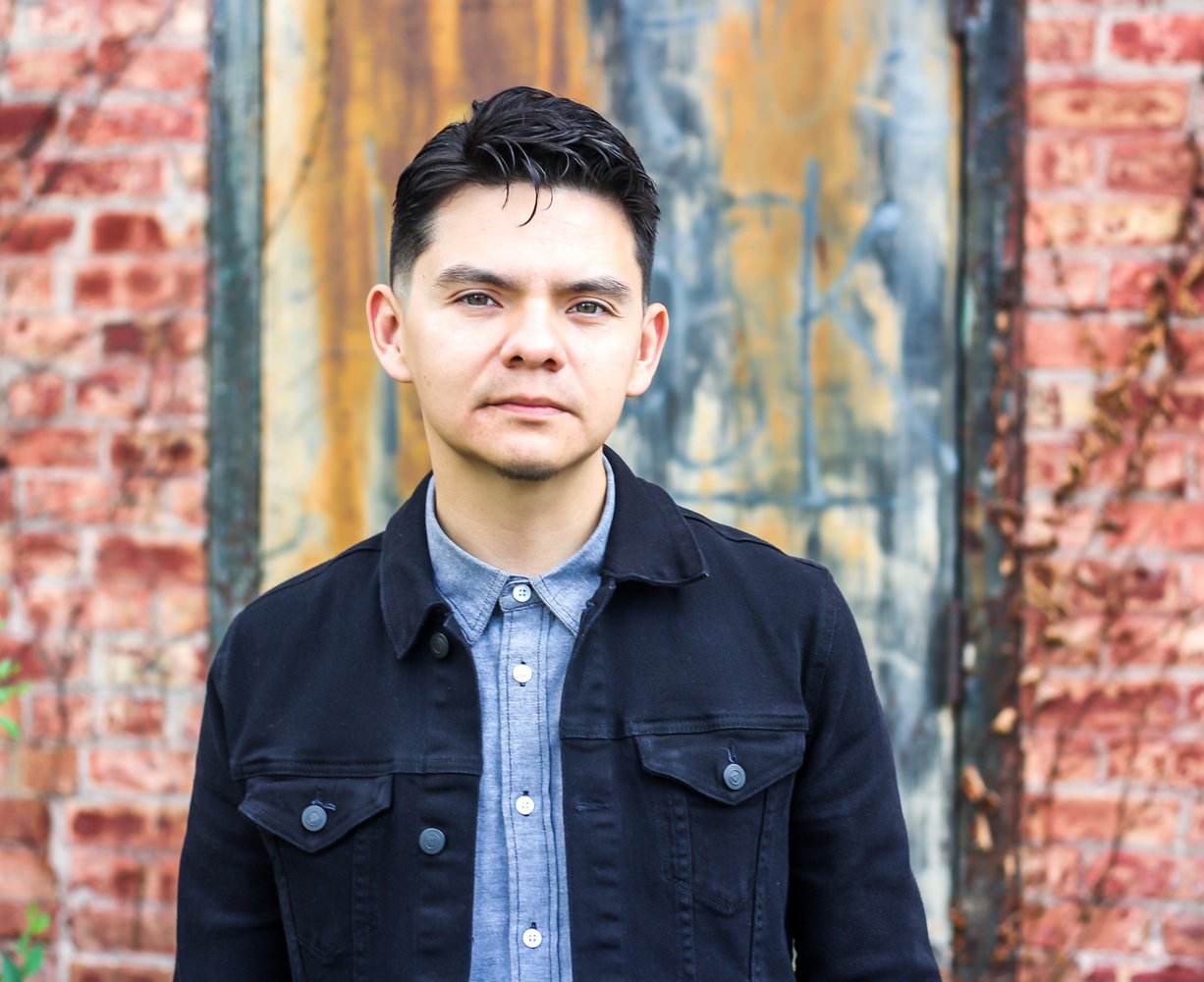Come hear from the vanguard of Latinx Anthropology about how new generations are changing and challenging the discipline.
Panelists include Patricia Zavella, Ana Aparicio, Dr. Andrea Bolivar, and Santiago Guerra; moderated by Alex E. Chávez and Gina M. Pérez.
Panelists
Artist-scholar-producer, Alex E. Chávez is the Nancy O'Neill Associate Professor of Anthropology at the University of Notre Dame, where he is also a Faculty Fellow of the Institute for Latino Studies. His research explores articulations of Latinx sounds and aurality in relation to race, place-making, and the intimacies that bind lives across physical and cultural borders. He is the author of the multi-award-winning book Sounds of Crossing: Music, Migration, and the Aural Poetics of Huapango Arribeño (Duke University Press, 2017)—recipient of the Association of Latina/o & Latinx Anthropologists Book Award (2018). And in 2016 he produced the Smithsonian Folkways album Serrano de Corázon (Highlander at Heart). He has consistently crossed the boundary between performer and ethnographer in the realms of both academic research and publicly engaged work as an artist and producer. Chávez has recorded and toured with his own music projects, composed documentary scores (most recently Emmy Award-winning El Despertar [2016]), and collaborated with Grammy Award-winning and Grammy Award-nominated artists. In 2020, he was named one of ten Mellon Emerging Faculty Leaders by the Institute for Citizens and Scholars (formerly the Woodrow Wilson National Fellowship Foundation), and also recently concluded a National Endowment for the Humanities Long-Term Fellowship at the Newberry Library in Chicago. He currently also serves as a Governor on the Chicago Chapter Board of the Recording Academy.
Gina Perez is a cultural anthropologist and Professor in the Department of Comparative American Studies at Oberlin College. Pérez is the author of two award-winning books—The Near Northwest Side Story: Gender, Migration and Puerto Rican Families (2004, University of California Press) and Citizen, Student, Soldier: Latina/o Youth, JROTC and the American Dream (2015, New York University Press). She is also the coeditor of two anthologies: Beyond el Barrio: Everyday Life in Latina/o America (coedited with Frank Guridy and Adrian Burgos Jr., 2011, New York University Press).
Her research interests include Latinas/os, youth, militarism, gender, migration, urban ethnography, and faith-based organizing. Her new project focuses on sanctuary movements and multiethnic faith-based organizing among Latina/o communities in Ohio.
Patricia Zavella is an anthropologist who received her Ph.D. from the University of California, Berkeley. She is Professor Emerita of Latin American and Latino Studies at the University of California, Santa Cruz. She has published extensively in Chicanx-Latinx studies and feminist studies on issues related to poverty, family, sexuality, work, transnational migration, and social activism. Her latest book is The Movement for Reproductive Justice: Empowering Women of Color Through Social Activism (New York University Press, 2020).
Ana Aparicio is a cultural anthropologist whose work focuses on two major areas of research: 1- ethnographic research on the ways in which people of color (including immigrants and Latinos) and youth engage with and construct local politics, develop coalitions, and transform public space; and 2- analysis of the relationship between policy and racial/ethnic disparities in various sectors, including public health care.
Her most recent research – funded by the National Science Foundation – is an ethnography of race and public space in contemporary suburbia; more specifically, she is examining suburban Latino and immigrant populations, inter-group relations, and the transformation of suburban public spaces. Aparicio has also worked with city and nonprofit organizations examining racial and ethnic disparities; this work has covered areas such as healthcare, welfare reform, education, and the construction industry.
Dr. Andrea Bolivar is a cultural anthropologist whose research and teaching interests lie at the intersection of Transgender Studies, Latinx studies, and Feminist Studies. Her book manuscript, “We Are a Fantasy:” Trans Latina Ways of Knowing, Being, and Loving, ethnographically examines the experiences of sex working transgender Latinas in the Chicago metropolitan area. It centers sex working trans Latinas’ epistemologies and ontologies, especially concerning five interrelated themes: fantasía, life/death, the body, immigration, and race--particularly Blackness and anti-Blackness. Further, We Are a Fantasy demonstrates how sex working trans Latina ways of being and knowing not only defy racist-cisgenderism more broadly, but also offer potentialities beyond transnormativity and normative Latinidad. Dr. Bolivar’s work is published or forthcoming in journals such as Frontiers: A Journal of Women Studies, Feminist Anthropology, Latinx Talk and edited volumes on queer nightlife and Latinx ethnography. Dr. Bolivar received her Ph.D. in Anthropology from Washington University in St. Louis, and held an LSA Collegiate Fellowship at the University of Michigan. She currently serves on the board of the Association of Latin@/x Anthropologists, and is committed to supporting diversity in academia. Dr. Bolivar welcomes inquiries from students.
Santiago Guerra's research background and teaching experience are in the fields of social/cultural anthropology, legal anthropology, medical anthropology, Mexican American/Latino Studies and Southwest/Borderlands Studies. His research centers on the social construction of illegality, criminality and policing along the South Texas-Mexico Border within the context of the domestic and international War on Drugs. His dissertation, From Vaqueros to Mafiosos: A Community History of Drug Trafficking in Rural South Texas is an ethnographic study of the impact of the drug trade on a rural South Texas border community and received the Outstanding Dissertation Award for 2012 from the National Association of Chicana and Chicano Studies-Tejas FOCO. He is currently completing a book manuscript on this research titled Narcos and Narcs: Drug Trafficking and Policing in the South Texas-Mexico Borderlands that explores the impact of drug policy, drug policing and drug trafficking on border communities. Santiago is also currently conducting research on the legalization of recreational marijuana in Colorado, including the evolving relationship between medical marijuana and recreational marijuana and the growth of the marijuana tourism industry.
Event Recap
Watch the full recording below!
Thumbnail: Cover of Ethnographic Refusals, Unruly Latinidades







